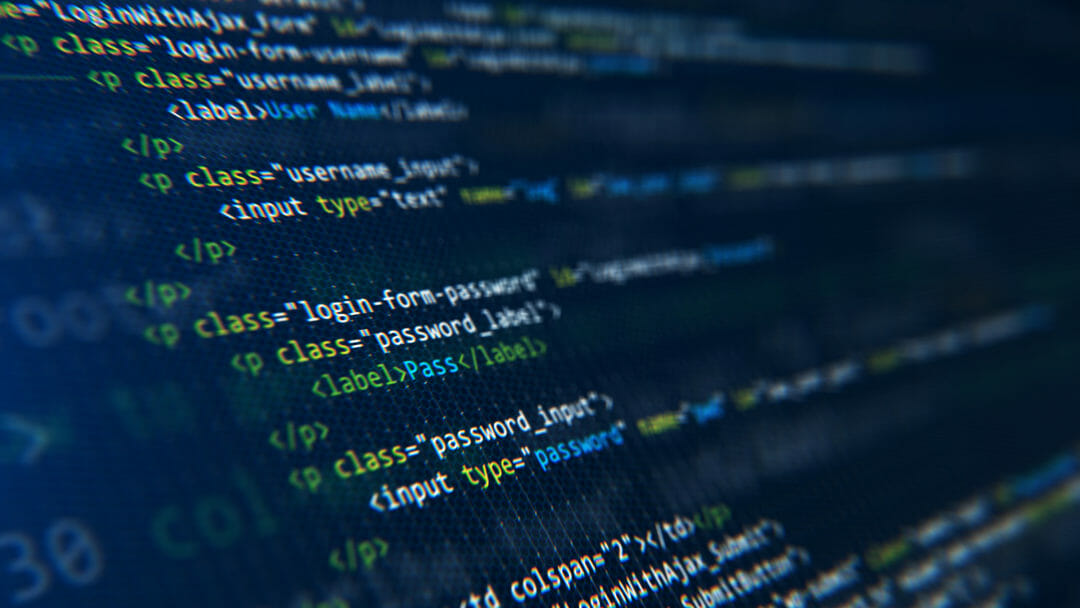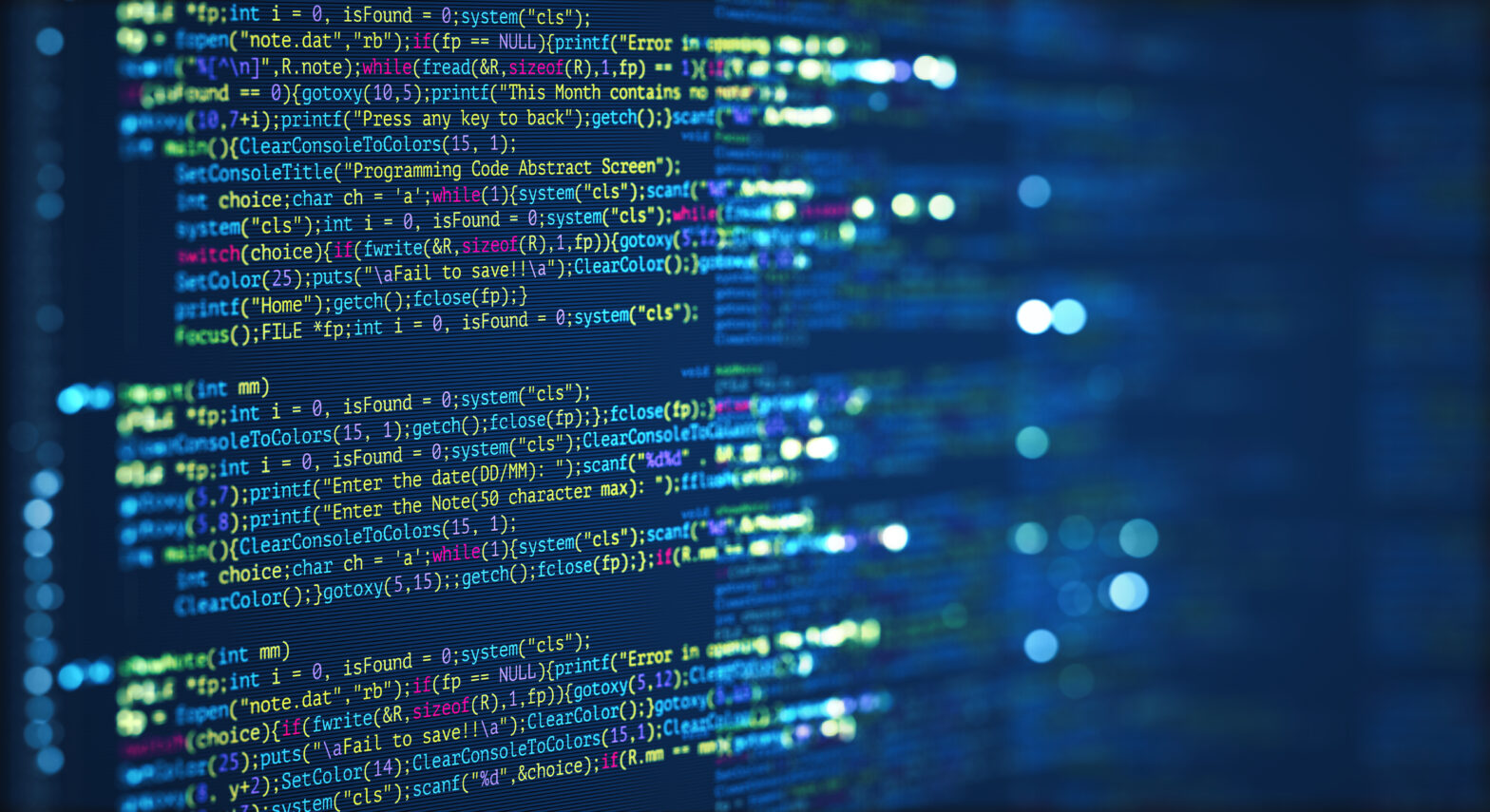While unable to organise physical events this year due to the Covid-19 pandemic, National Coding Week continues to encourage the nurturing of coding skills in order to close the skills gap within UK tech.
The volunteer-led annual project began in 2014 in an aim to build confidence around learning and developing digital skills.
A prominent feature of this year’s edition is the Fitness and Code Challenge, an initiative that raises awareness about the importance of wellbeing alongside learning digital skills. As part of this, participants are encouraged to do one simple fitness activity, such as cardio, weights or stretching, during breaks from practicing coding.
Get involved with the fitness and code challenge all week. Our fitness videos will nudge you to take a break at 12pm/3pm every day! #Fitnessandcode #NationalCodingWeek https://t.co/v5AOHs9kD1
— National Coding Week (@codingweek) September 14, 2020
Digital literacy
In aid of National Coding Week 2020, Anne Marie Neatham, commercial director for the office of the CTO at Ocado Technology, discussed the importance of developing digital literacy among young people as they return to school.
Ocado Technology has its own coding initiative called Code For Life, which has been making free learn-to-code resources available to parents and children during lockdown.
“Digital literacy for young people is absolutely essential when we consider the increasingly tech-first world that we live in – that’s why computer programming has been part of the national curriculum since 2014,” said Neatham. “These skills have become even more critical as the pandemic continues to fast-track the digitalisation of services across industries.
Accelerating digital skills training during the Covid-19 crisis
“When the pandemic first caused schools to close, teaching digital skills was a daunting prospect for many home-schooling parents. Not everyone has a programming expert at home. We wanted to do our part to keep kids coding – so we opened up access to our Code for Life resources to everyone – not just teachers. Now that children have returned to schools, they can continue to feel confident in developing their coding skills.
“Code for Life provides the tools, for free, to help children learn the necessary skills for the digital age. The “gamified” element and inclusive characters mean children can also have fun while they learn. Rapid Router – our learn-to-code game for Key Stages 1 to 3 – was developed in conjunction with teachers and is aligned to the national curriculum. It was designed to be a resource anyone could use, including those without a computing background.
“Building young people’s digital literacy is a need-to-have, not just a nice-to-have. Whether we face a second lockdown or not, we will always remain committed to equipping the next generation with the knowledge and tools to thrive in a tech-forward future.”
Coding in everyday life
According to Hannah Alexander, graduate data scientist at Mango Solutions, coding can give people from all backgrounds a better understanding of the rise in digital processes that are now a part of everyday life.
“Data science is such a rapidly developing field that it is easy to feel at the forefront of innovation. It is applicable in a vast variety of areas, so there is always something exciting developing and to contribute towards.
“Code underpins our everyday lives, from taking the train to work to flicking through Instagram. However, very few people understand how this works. By learning how to code, you get a better understanding of the modern world! Code can be applied to any workplace. Menial tasks can be automated, tasks can be undertaken more efficiently, and you can become a more valuable member of the workforce.
“Unfortunately, I think there is a misconception amongst the younger generation that working with code or in STEM is dull, when in reality it’s anything but. The boring office worker stereotype should be broken by showcasing the exciting opportunities these jobs can provide, such as travel, global events and the opportunity to work with people from a wide variety of backgrounds.”
STEM A-Level results show encouraging signs for prospective talent
Jan van Vliet, vice-president and general manager EMEA at Digital Guardian, added: “Steve Jobs once famously said: ‘I think everybody in this country should learn how to program a computer, because it teaches you how to think. I view computer science as a liberal art.’
“Those who earn a liberal arts degree learn to formulate effective arguments, to communicate well and solve problems. So not only is coding a valuable skill in itself, but it can also be more broadly and positively applied to all walks of life and work.
“With huge degrees of uncertainty surrounding the economic outlook and employment landscape, initiatives like National Coding Week that encourage us to consider learning new skills and broadening our horizons can only be a good thing. It has my full support, and long may it continue and encourage more of us to learn to code.”
Encouraging diversity
Sam Humphries, security strategist at Exabeam, explained how National Coding Week is able to encourage more gender diversity across the tech sector.
“National Coding Week serves as a great way to promote the importance of coding skills for our current and emerging business landscape,” said Humphries.
“It also contributes a fun solution to help encourage young people, especially young women, to pursue a career in technology. Women represent a small percentage of the technology workforce, which makes
looking for skills in an all-but untapped female talent pool an obvious solution.
“By encouraging women and girls with the possibilities of an education and career in technology, we can help address the skills shortage by introducing new perspectives and problem-solving skills to the industry.”










